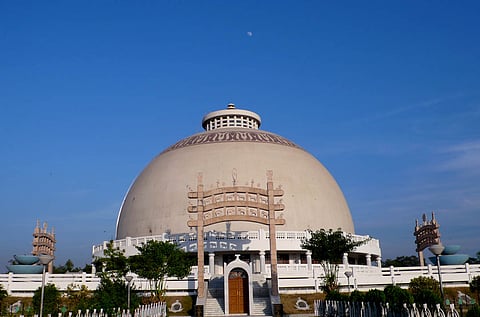No reform
In the future, will caste in India survive, or will it become annihilated as visualised by B R Ambedkar and others? In fact, the answer to this potent question depends far more on whether Hinduism itself will survive or slowly die out. As a religion, Hinduism established no moral philosophical foundation for human egalitarianism. It is for this reason, and the subsequent ramifications of caste and 'untouchability', that Hinduism in the modern era has been losing ground to Islam, Christianity and Buddhism – eventually resulting in Pakistan, Bangladesh and Afghanistan being carved out of the Subcontinent. Indeed, the modern expansion of Islam (as well as Christianity in South and Northeast India, and the Navayana Buddhism that Ambedkar established) is essentially rooted in its expansion into the Hindu, caste-based Southasian region. Around the early 19th century, the homogenisation of Hinduism began to take place, as the name 'Hindu' was given to an already caste-based but still largely unorganised Indian society. Thereafter, the sense of spiritual rights (that is, to have equal rights even in religion) among oppressed castes began to increase, leading to the widespread embrace of non-Hindu religions, which have no caste-based cultural roots.
This relationship, between caste (and untouchability) and the expansion of Islam and Christianity, has not been well understood. Yet one conclusion that we can draw from this is that the death of day-to-day spiritually and 'socially alive' caste seems to be possible only when what can be thought of as the democratic spiritual systems – such as Islam, Christianity and Buddhism – continue to expand. Of course, in the Indian context, caste culture can still be found in these expanding religions as well, as centuries-old caste-cultural differences are not simply abolished in any 'Indianised' religion. But unlike in Hinduism, caste does not have a spiritual sanction in Indianised Islamic, Christian and Buddhist communities. These too may have been influenced to a certain extent by casteist thinking, yet let us be clear: These remain the main instruments that can, eventually kill caste.

